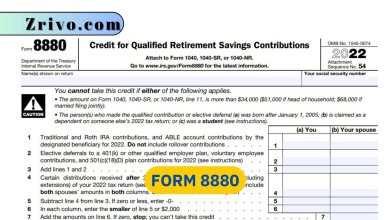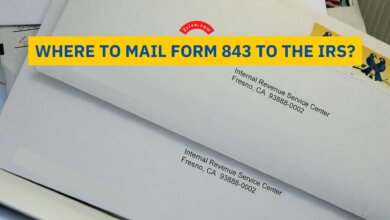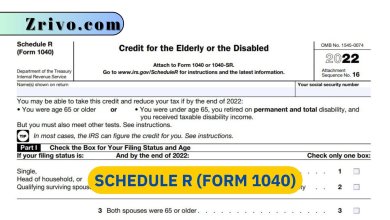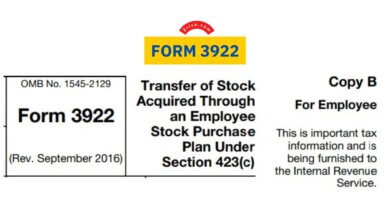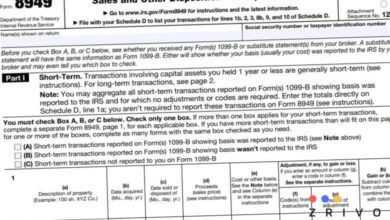Tax Documents Checklist 2023 - 2024
Below, we've outlined the essential documents you'll need, organized by categories, with some common questions and answers to guide you through the process.
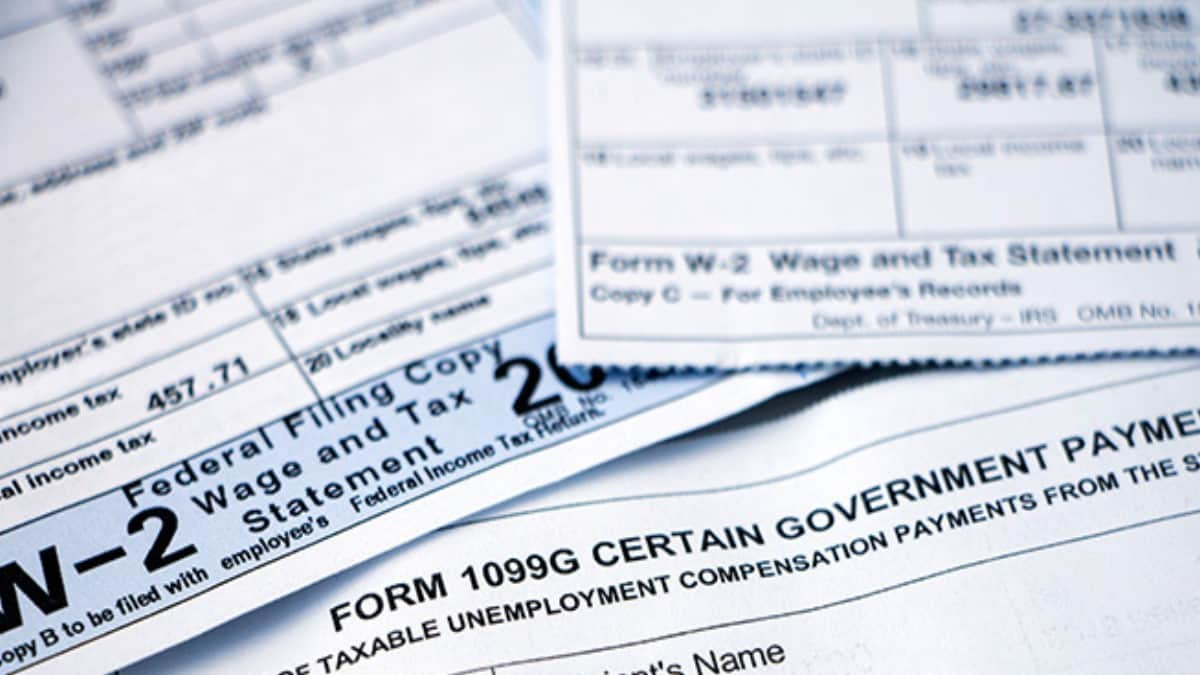
Contents
Why Is a Tax Documents Checklist Important?
- Avoid Penalties: Missing or incorrect information can lead to fines and penalties.
- Maximize Deductions: Organized records can help you claim all eligible deductions.
- Reduce Stress: A well-organized checklist simplifies tax preparation.
Tax Documents Checklist
Here’s a detailed checklist to guide you through the process:
Personal Information
- Full Name
- Social Security Number (SSN) or Tax Identification Number (TIN)
- Date of Birth
- Mailing Address
- Phone Number
- Email Address
Income Documents
- W-2 Forms (Employment Income)
- 1099-NEC or 1099-MISC (Self-Employment Income)
- 1099-INT (Interest Income)
- 1099-DIV (Dividend Income)
- Rental Income Statements
- Alimony Received
Deductions and Credits
- Mortgage Interest Statements
- Property Tax Statements
- Medical Expense Records
- Charitable Donation Receipts
- Educational Expense Records
- Retirement Contribution Statements
Investment Documents
- Brokerage Statements (Stocks, Bonds)
- Form 1099-B (Capital Gains and Losses)
- Form 1099-DIV (Dividends)
- Form 1099-INT (Interest)
- Realized Gains and Losses
Additional Income
- State Income Tax Refund (Form 1099-G)
- Unemployment Compensation (Form 1099-G)
- Social Security Benefits (Form SSA-1099)
- Rental Income (Schedule E)
- Gambling Winnings (Form W-2G)
Business Documents (If Applicable)
- Business Income and Expense Records
- Business Mileage Logs
- Business Use of Home Expenses
Other Relevant Documents
- Prior Year Tax Returns (for reference)
- Health Insurance Information (Form 1095-A, B, or C)
- Childcare Expenses (Form 2441)
- HSA or FSA Contributions (Form 1099-SA)
Income Documents
What are income documents?
Income documents are records that detail the money you earned throughout the tax year. They include:
- W-2 Forms: These show your wages, salary, and taxes withheld from your job.
- 1099 Forms: Report various types of income, such as freelance earnings or interest income.
- K-1 Forms: If you’re a partner in a business or a shareholder in an S corporation, you’ll receive a K-1 form.
How do they impact your tax return?
Income documents are vital because they determine your taxable income. Failing to report all income accurately can lead to penalties or audits.
Expense Documents
Why are expense documents important?
Expense documents substantiate deductions and reduce your taxable income. They include:
- Receipts: Keep receipts for deductible expenses like medical bills or charitable donations.
- Mileage Logs: If you use your vehicle for work or charitable activities, track your mileage.
- Expense Reports: If you’re self-employed, maintain detailed expense reports.
What expenses should you document?
You should document all deductible expenses to maximize tax savings. Common deductions include medical expenses, mortgage interest, and state and local taxes.
Investment Documents
What are investment documents?
Investment documents provide information on your investment activities. They include:
- 1099-B Forms: Report capital gains and losses from stock sales.
- Year-End Brokerage Statements: Summarize your investment activity for the year.
- IRA Contributions: Keep records of contributions to traditional and Roth IRAs.
How do they affect your tax filing?
Investment documents impact your tax liability by determining capital gains or losses. Properly reporting these can lead to tax savings.
Comparison Table: Common Tax Forms
Here’s a comparison table to help you understand the differences between common tax forms:
| Form Name | Purpose | Key Information |
|---|---|---|
| W-2 | Report wages, tips, and taxes withheld | Employer, earnings, tax withheld |
| 1099 | Report various types of income | Income source, amount |
| Mortgage Interest | Deductible mortgage interest | Interest paid, lender info |
| Student Loan Interest | Deductible student loan interest | Interest paid, lender info |
| Charitable Contribution Receipts | Deductible charitable donations | Donation details |
| HSA Statements | Track HSA contributions and withdrawals | Contributions, withdrawals |
| Estimated Tax Payments | Record pre-paid taxes | Payment dates, amounts |
| Previous Year’s Tax Return | Reference and historical data | 2023 tax return info |
Individual Taxpayers
1. Personal Information
- Full Name
- Social Security Number (SSN) or Individual Taxpayer Identification Number (ITIN)
- Date of Birth
- Mailing Address
2. Income Documents
- W-2 forms from your employer(s)
- 1099 forms for any additional income (e.g., freelance work, investments)
- Statements for interest, dividends, and rental income
3. Deduction and Credit Documentation
- Receipts for deductible expenses (e.g., medical bills, educational expenses)
- Mortgage interest statement (Form 1098)
- Charitable contribution receipts
- Documentation for tax credits (e.g., child tax credit, education credits)
Business Owners
1. Business Information
- Business name and EIN (Employer Identification Number)
- Business address and contact information
2. Financial Records
- Profit and loss statement
- Balance sheet
- Business expense receipts and invoices
3. Tax Forms
- Schedule C (for sole proprietors)
- Form 1065 (for partnerships)
- Form 1120 or 1120S (for corporations)
Comparison: Individual vs. Business Tax Documents
| Document Type | Individual | Business |
|---|---|---|
| Personal Info | Full Name, SSN/ITIN | Business Name, EIN |
| Income Documents | W-2, 1099, Interest | Profit/Loss Statement, |
| Balance Sheet, Receipts | ||
| Deduction/Credits | Medical, Mortgage, | Business Expenses, |
| Charitable, Credits | Tax Forms |
Document Checklist Comparison
Here’s a quick comparison of the most common tax documents for your reference:
| Document | Purpose |
|---|---|
| W-2 Form | Reports employment income |
| 1099-INT, 1099-DIV | Reports interest and dividend income |
| 1099-B | Reports capital gains and losses |
| Schedule A | Itemized deductions |
| Form 5498 | Reports IRA contributions |
| Form 1095-A, B, C | Health insurance coverage information |
